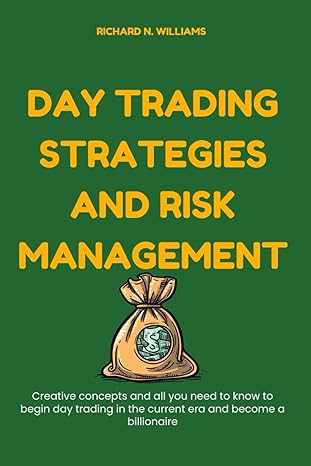Answered step by step
Verified Expert Solution
Question
1 Approved Answer
The drop-down menu options are X/Y and X/Y Thank you in advance! P.S. Please use the zoom feature on Google Chrome to see the question
The drop-down menu options are X/Y and X/Y
Thank you in advance!
P.S. Please use the zoom feature on Google Chrome to see the question more closely. Alternatively, you can save the photo by right-clicking and it will be very clear and easy to see. For some reason Chegg uploads pictures like this and it is annoying. I am sorry. :(

Step by Step Solution
There are 3 Steps involved in it
Step: 1

Get Instant Access to Expert-Tailored Solutions
See step-by-step solutions with expert insights and AI powered tools for academic success
Step: 2

Step: 3

Ace Your Homework with AI
Get the answers you need in no time with our AI-driven, step-by-step assistance
Get Started


